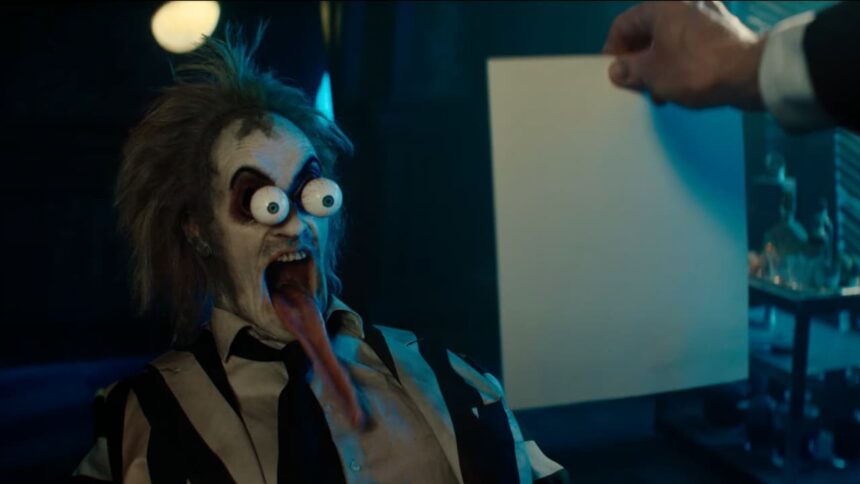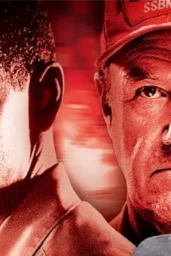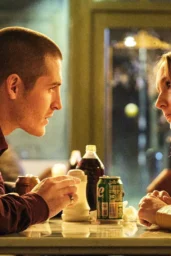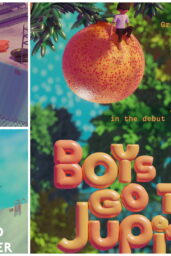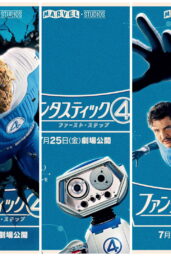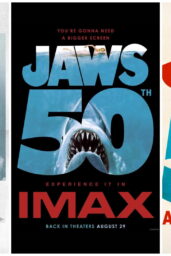In a time when streaming services dominate the entertainment landscape, Tim Burton made a gutsy decision to buck the trend. Beetlejuice Beetlejuice (Beetlejuice 2), the highly anticipated follow-up to his 1988 cult classic, was originally set for a streaming-only release. Warner Bros. initially positioned the film as a Max exclusive, but Burton, known for his visually distinctive, quirky storytelling, refused to let the sequel bypass theaters. His determination led to a series of high-stakes negotiations, ultimately saving the film and allowing audiences to enjoy it on the big screen — where Burton's unique vision truly shines.
Why Tim Burton Fought for Theaters
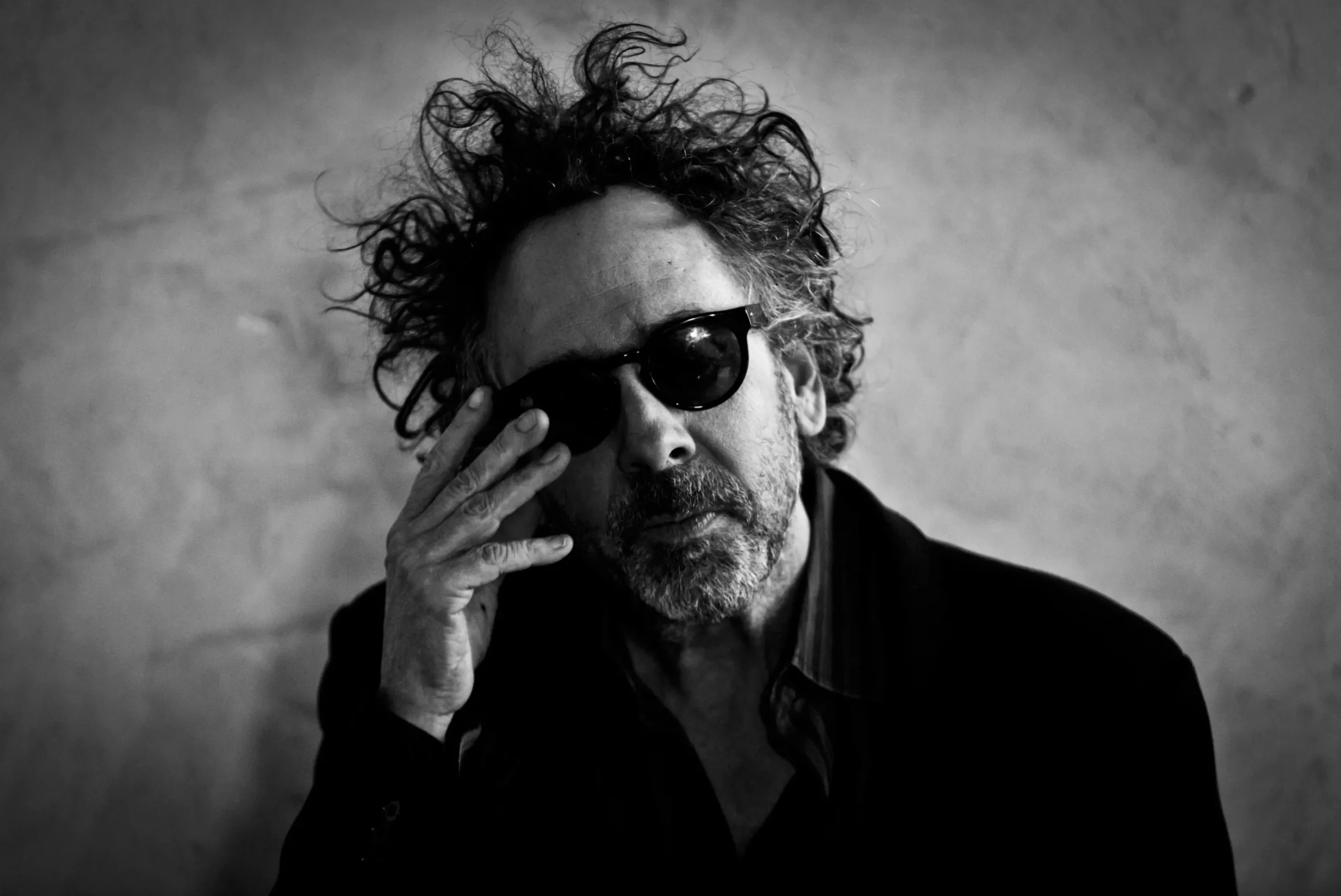
Beetlejuice 2 marks Burton's return to the world of Winter River, bringing back Michael Keaton as the mischievous Betelgeuse, Winona Ryder as Lydia Deetz, and Catherine O'Hara as Delia Deetz. It also introduces newcomer Jenna Ortega as Astrid Deetz, Lydia's daughter. With such a star-studded cast and the visual creativity that Burton is known for, it's no wonder he wasn't happy about a streaming-exclusive release.
In an interview, Warner Bros. Entertainment CEO Pamela Abdy shed light on Burton's insistence: “You're talking about a visionary artist whose films demand to be seen on a big screen.” The numbers, however, posed a challenge. With a projected budget of $147 million, mostly due to hefty producer fees and star salaries, studio executives were hesitant to give the film a theatrical release. Burton's track record at the box office had been inconsistent in recent years, making it harder to justify the large budget. Warner Bros. executives Michael De Luca and Pamela Abdy eventually agreed to a compromise — a theatrical release, but only if the budget could be slashed to under $100 million.
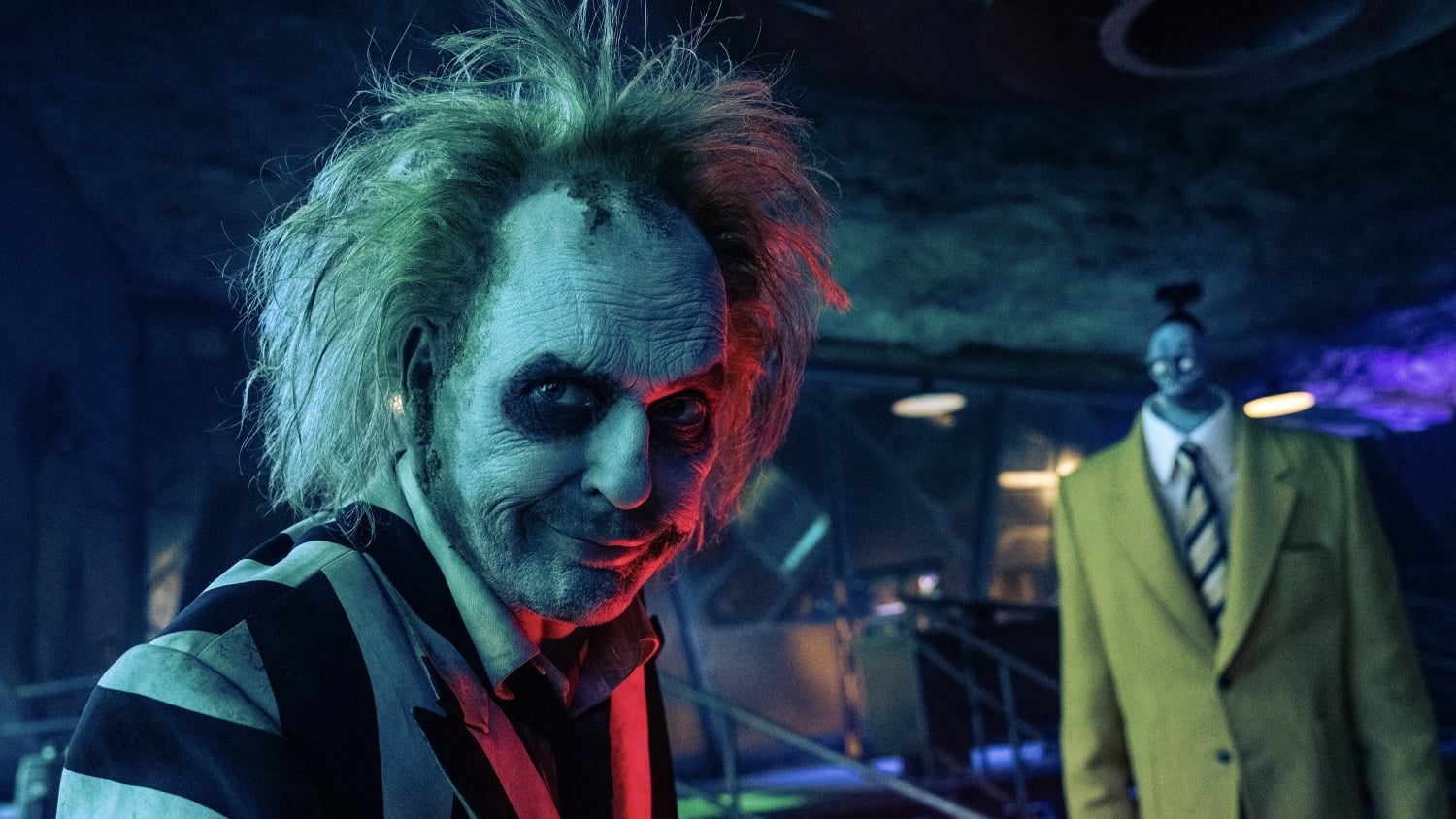
The Cost-Cutting Gamble
To meet the studio's demands, Burton, along with his agent Mike Simpson, embarked on a two-month journey to slash costs. Everyone involved had to make sacrifices, with Burton himself taking a pay cut to ensure the film's success. Simpson managed to get stars like Keaton, Ryder, O'Hara, and Ortega to also accept reduced salaries in exchange for larger shares of the film's back-end profits. This move not only saved the project but ensured that the cast would benefit significantly if the film performed well at the box office.
Warner Bros., meanwhile, kept pushing forward, investing hundreds of thousands of dollars into pre-production, demonstrating their faith in the project. These efforts paid off — with tax incentives and salary reductions, Beetlejuice 2's budget finally came in at $99 million, just under the studio's threshold.
A Theatrical Triumph
Burton's gamble has already proven to be a huge success. Beetlejuice 2 premiered earlier this month to positive reviews from both critics and audiences alike. On Rotten Tomatoes, the film holds a solid 77% from critics, with an even higher 81% audience score. CinemaScore rated it a B+, indicating that fans were generally satisfied with the sequel.
Financially, the film has been nothing short of impressive. In its opening weekend, Beetlejuice 2 grossed $111 million domestically, and it has since brought in a total of $188 million in the U.S. alone. Internationally, it has earned $76 million, bringing its worldwide total to $264 million after just two weeks in theaters. Given these numbers, the film has likely already broken even, and the stars who took pay cuts are in for some serious back-end paydays.
The Big Screen Matters
Tim Burton's refusal to let Beetlejuice 2 be relegated to streaming-only status is a testament to his understanding of cinema. While streaming offers convenience, certain films, especially those heavy on visuals and imagination, are meant to be experienced in theaters. Beetlejuice 2 is a prime example of why the theatrical experience still matters — it's not just about watching a movie, it's about immersing yourself in a world that demands the biggest screen possible.
As we continue to navigate the changing tides of entertainment, Burton's bold decision stands as a reminder that sometimes, sticking to your artistic guns can make all the difference. Not only did it save Beetlejuice 2 from streaming obscurity, but it also reaffirmed that some movies are worth fighting for — and the payoff can be massive.

